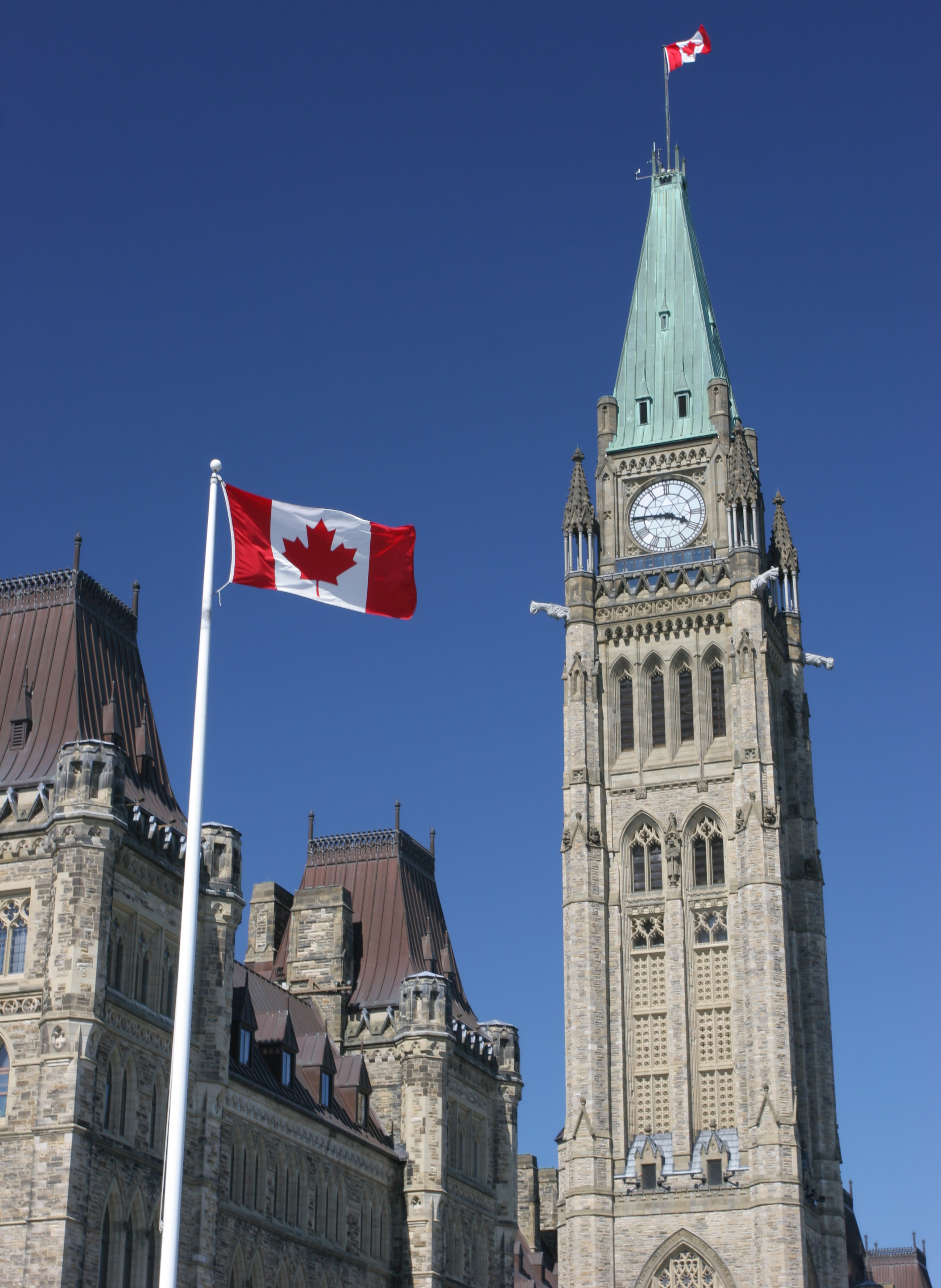How to Buy a Home in Canada Without Being Canadian
We get it. Who doesn’t love Canada…? Here we get into some of the steps involved in purchasing a home in Toronto.
 Written By Jenn Costigan
Written By Jenn Costigan I Am a Foreigner and Want to Buy a Property in Toronto - What to Do?
People from all over the world recognize how great Toronto is, and we don’t blame them at all—it’s multicultural, thriving, safe, and it has plenty of poutine. To prove our love for Canada, we enjoy working with non-Canadian clients in order to find them their dream properties in the Great White North.
We also work with many investors who are looking to diversify their portfolios with reputable condo developments. Regardless, those with their hearts set on Toronto are in luck: Canada places no limits on the quantity or type of real estate owned by international buyers.
Alas, buying a property in Canada won’t necessarily lead to citizenship, if that’s what you’re after.
As for citizens who are unsure of their status, let’s clear a few things up right off the bat. Canadians living outside of the country for over 183 days of the year are automatically considered non-residents, while a resident plus non-resident pair making a purchase together will have to abide by the rules governing the latter.
Logistics
While some more visual buyers may want to be present for the search process, it is not abnormal for someone to buy a home from across the world, without having physically entering the property before putting in an offer. Video calls and online resources are one way of familiarizing yourself with a home from faraway (we frequently use FaceTime or Skype video when showing properties to client out of town), while others prefer friends or family to visit properties in their place. Documents can be emailed and electronic signatures used to make offers. Closing, or taking ownership, can even be done from outside of Canada as well.
Generally, however, you will need to schedule at least one visit Canada in order to set up a bank account here (this applies only to those requiring mortgages).
An assortment of seasoned professionals are all prepared to help non-resident clients make purchases in Canada. These include: realtors, lawyers, home inspectors, insurance agents, property managers, and lenders.

Money, Money, Money
Mortgages: While non-residents may be required to shell out a higher down payment than residents, on the plus side this means they are still able to get a mortgage for Canadian purchases. As a general rule (meaning there are always some exceptions) down payments for non-residents start at 35% of the total price of the property. Other requirements for acquiring a mortgage include a bank reference, confirmation of employment and income, a credit report completed in Canada, and three months worth of bank account statements.
Remember, your down payment will likely need to be situated in a Canadian bank for a month prior to the closing date. On top of this, it is common for a bank to map the route of this money for the three months prior to your purchase.
People from all over the world recognize how great Toronto is. To prove our love for Canada, we enjoy working with non-Canadian clients in order to find them their dream properties in the Great White North.
For those forgoing a mortgage altogether, note that the process involves sending 100% of the money due to your lawyer, prior to your closing date.
Deposit:
A small amount of money (traditionally 5% of the purchase price) will need to be put down as a deposit following your offer. This deposit is required within 24 hours of the offer being accepted, the trustee being the listing brokerage. Eventually, this money becomes part of your down payment. Because this process needs to be done so quickly, most buyers are sure to have Canadian bank accounts ready and waiting with the amount of the deposit, prior to making an offer.
Interest and Closing Costs:
Even though the process of obtaining a mortgage might be different, non-residents pay the same interest rates as Canadian residents. Some international buyers will be subject to a fixed interest rate, if their home country has no enforced tax treaty with Canada. Closing costs are also the same for non-residents and residents of Canada, including land transfer taxes and legal fees.
Income:
When preparing for your purchase, remember that rental income from non-Canadian properties is generally not accepted as a component of your income, and that this might have an effect on your eligibility for obtaining a mortgage in Canada.
Insurance:
This is one of the more difficult matters faced by non-residents, making it important to find a knowledgeable insurance agent to help you along the way. We can certainly assist in making a referral.
Taxes:
Land transfer taxes are paid only once, upon closing on the property. Property taxes are paid annually, and can be calculated based on information from the City of Toronto. Income taxes are only applicable if and when you decide to sell your Canadian property, at which time a fraction of the purchase price is provided to the Canada Revenue Agency (CRA). By filing a Certificate of Compliance, and upon obtaining approval by the CRA, this tax can be minimized. Regardless, a tax return must be filed in Canada by the end of the April following the sale.
Closing Costs:
As outlined above, before closing a deposit must be paid. On top of this, a property appraisal may be necessary. On closing, the remainder of purchase is paid (partly by the buyer and partly by the lender when a mortgage is involved). Legal fees are also paid upon closing, as are title insurance, property survey fees, taxes, warranty fees (only for new buildings), and sometimes adjustments for utilities or condo fees.
Starting your search for a new home? Click on any of these links to access active listings, sold listings or contact a Strata agent.
For any questions about this article or media inquires, please email media@strata.ca

